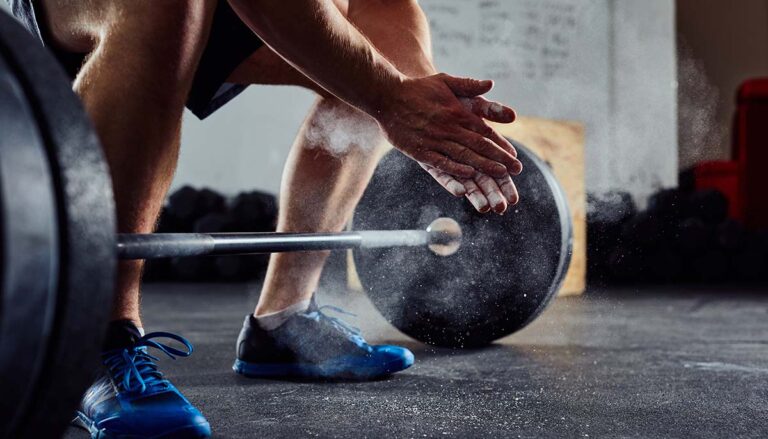New Zealand weightlifter Laurel Hubbard will be the first transgender athlete to compete at the Olympics, qualifying by lifting 628 pounds in two lifts to qualify for the women’s super-heavyweight division in Tokyo.
Laurel Hubbard will be the first transgender athlete to compete at Olympics
When the 2020 Summer Olympics kickoff on July 23, 2021, not only will New Zealand weightlifter Laurel Hubbard become the first transgender athlete to compete at the Olympics, she will be the oldest.
Hubbard, 43, lifted 628 pounds in two lifts to qualify in the women’s super-heavyweight division. The New Zealand Olympic Committee (NZOC) announced that Hubbard will participate in the women’s super heavyweight category, along with four other qualifying weightlifters, LADBible reported.
“I am grateful and humbled by the kindness and support that has been given to me by so many New Zealanders,” Hubbard said in a statement issued by the New Zealand Olympic Committee on Monday, the BBC reported.
Change in Olympic Committee rules allows transgender athletes to compete
In 2015, the International Olympic Committee (IOC) enacted a rule change allowing transgender athletes to compete under certain circumstances, according to the BBC. Biological males are allowed to compete if their testosterone levels are below a certain threshold. Testosterone is a hormone that increases muscle mass.
Further, IOC guidelines allow athletes who transition from male to female are allowed to compete in events without surgically removing their testes, the Guardian reported.
Controversy over testosterone as a deciding factor
The determining criteria for testosterone is a maximum reading of 10 nanomoles per liter of testosterone. Critics say that is a level that is at least five times higher than a biological woman, Fox reported.
However, critics of allowing transgender athletes to compete in female sports say testosterone levels alone are not the crucial factor.
Opponents say that while in athletes testosterone levels may be below the given threshold, female-born athletes still have biological disadvantages, as biologically-born males have increased muscle mass and bone density.
One critic is Belgium’s Anna Vanbellinghen, who will likely compete against Hubbard in the Tokyo Olympic Games. She said the presence of Hubbard will be “like a bad joke” for women competitors, while slamming the ideology behind the move.
“Life-changing opportunities are missed for some athletes — medals and Olympic qualifications — and we are powerless,” Vanbellinghen complained. “Of course, this debate is taking place in a broader context of discrimination against transgender people and that is why the question is never free of ideology.”





